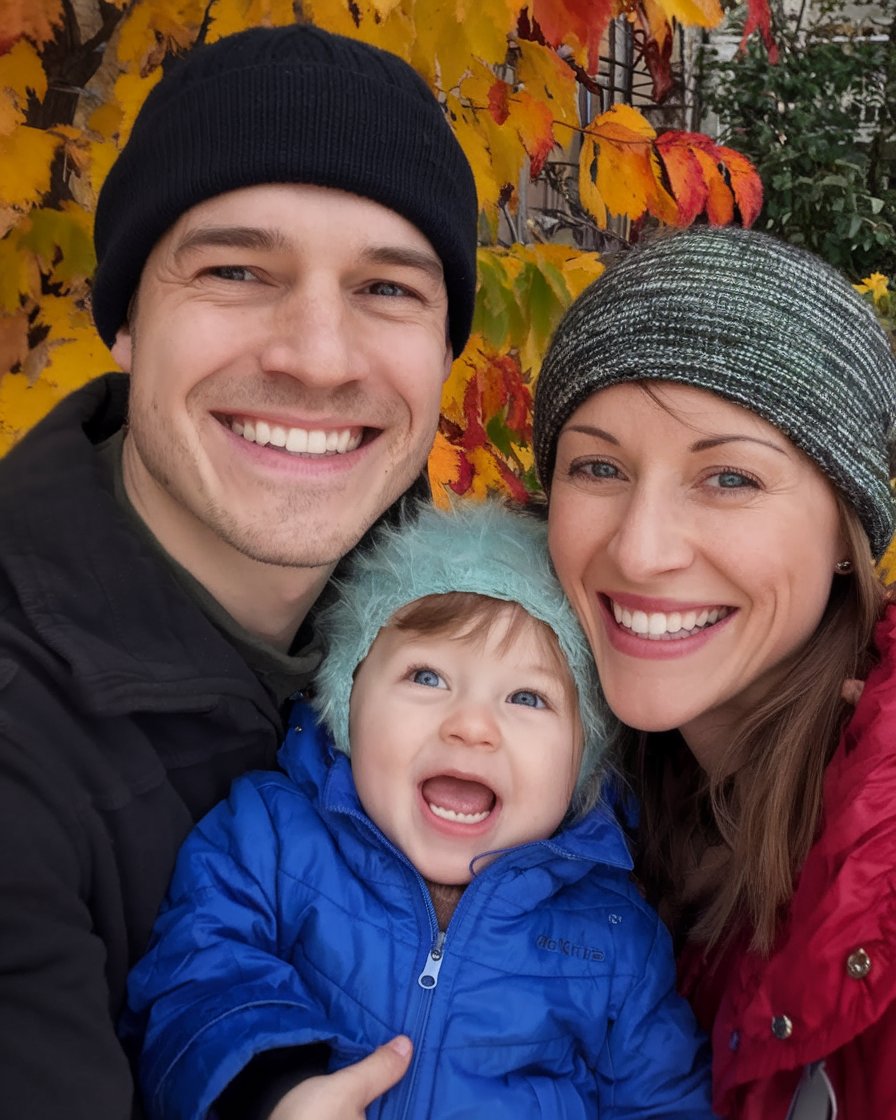There was a pause before my mother-in-law responded. “I’ll talk to her,” she said, her concern evident.
A few days later, she called back. “I talked to her,” she said gently. “It’s not you, and it’s not the baby. It’s depression.”
The word hit me hard. I had been so caught up in my own frustration that I hadn’t even considered that something deeper might be going on.
“She’s been struggling,” her mother explained. “She feels overwhelmed and lost. The pressure of motherhood has been too much, and she hasn’t felt like herself.”
I stood there in silence. I hadn’t noticed. I hadn’t realized how much she was hurting.
“She’s agreed to see a therapist,” her mother continued. “But she’ll need your support.”
Support. The word echoed in my mind. I had been ready to leave, but now I knew I had to stay and help her through this.
In the weeks that followed, things began to shift. My wife started therapy, and although the changes were small at first, they were there. She slowly reconnected with the things she loved, like painting, and began to rebuild her bond with our son.
One evening, she called me while I was out with our son. Her voice trembled as she spoke, “Can you come home? I need to talk to you.”
When I returned, she was sitting on the couch, her face tired but softer, as if a weight had been lifted. “I’m sorry,” she said, her voice shaking. “I didn’t realize how bad things had gotten. I was lost, and I didn’t see how it was affecting you or our son.”
For the first time in a long while, I saw the person I had fallen in love with.
In the months that followed, we worked together to heal. My wife continued therapy, and slowly but surely, we began to rebuild our family. It wasn’t easy, but we were finding our way back to each other.
Our family isn’t perfect, but we’re mending. And we’re doing it together.

